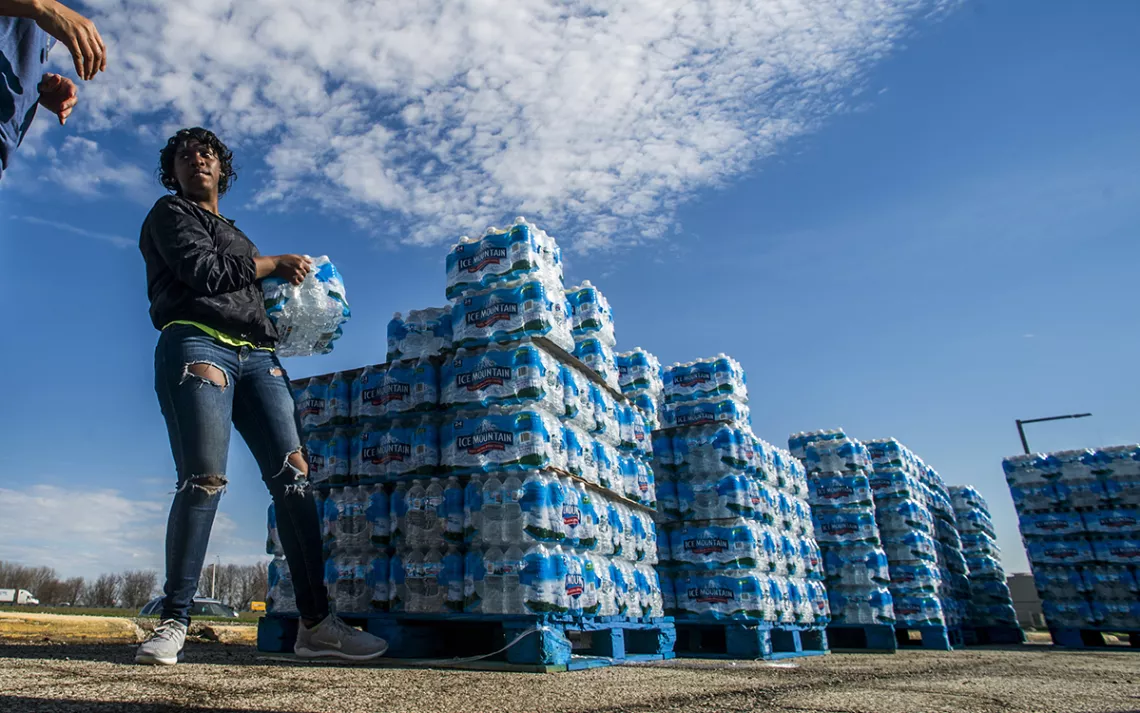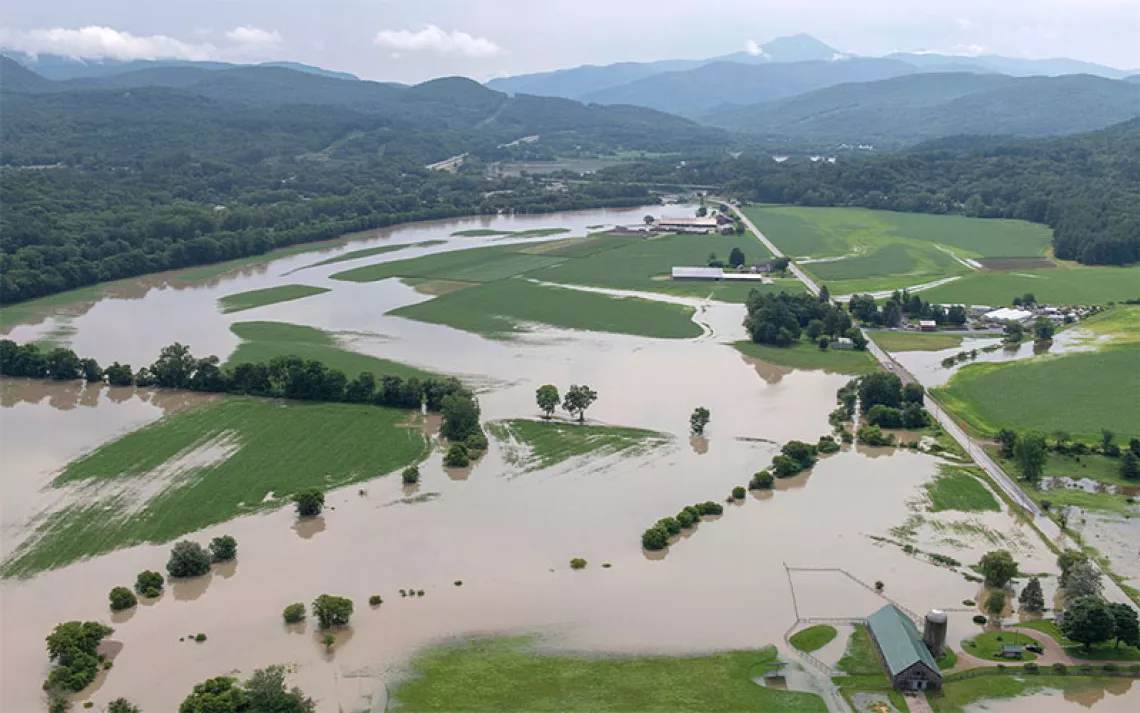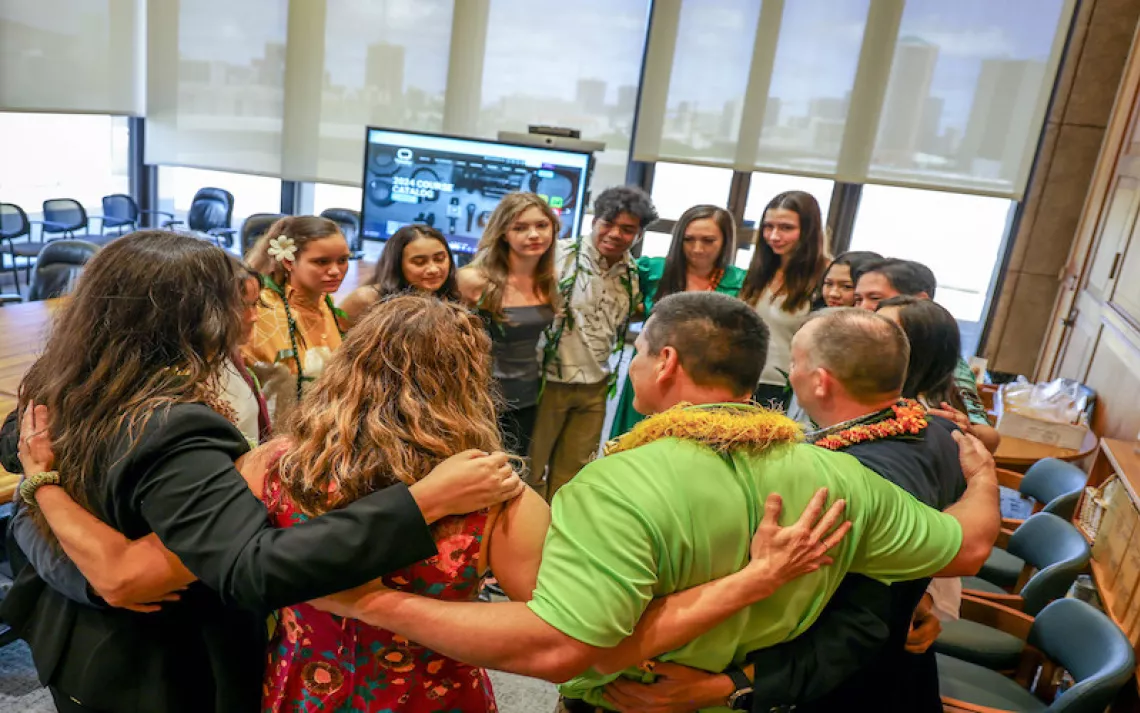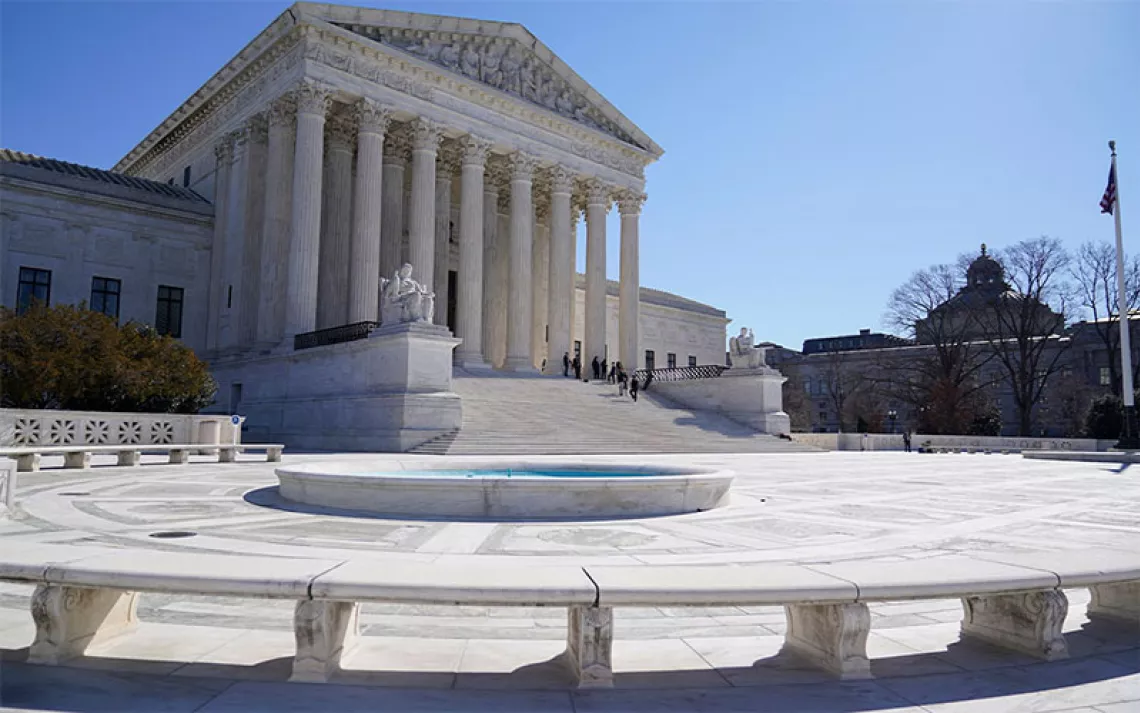Flint’s Water Settlement Is a Kick in the Face
$626 million might seem like a lot, but not when 99,000 people drank tainted water

Volunteers load cases of water into vehicles in Flint, Michigan. | Photo by Jake May/Flint Journal/AP
In November, a federal judge approved a $626 million settlement in response to individual and class-action lawsuits filed on behalf of those harmed by the Flint water crisis. It’s one of the largest settlements in Michigan’s history, but it is still unclear how much money residents will receive.
Attorneys have filed a motion to receive 32 percent of the settlement (about $202.8 million)—whether or not they get it depends on what the judge presiding over the case decides. Thirty-two percent is not uncommon for a lawsuit in which lawyers work on contingency (meaning they only get paid if they win). But the sheer number of potential plaintiffs in Flint compared with the relatively small number of lawyers means that lawyers working on the case would come away with substantially more than the people who were most affected. “Now we have the attorneys arguing over whether they're going to get $1 million apiece or $2 million apiece,” said Gina Luster, cofounder of Flint Rising, a community organizing coalition. “How much am I going to get? What did my daughter and I qualify for?”
People who were under 18 during the start of the crisis are expected to receive the largest amount of funds after lawyer fees—79.5 percent. Since the youngest children are the most vulnerable to lead, 64.5 percent of that will go to children who were ages 6 and under at first exposure to lead contamination; 10 percent to children who were 7–11; and 5 percent to children who were 12–17. It’s hard to say whether any settlements will be enough to make a difference in the lives of individual children, since 30,000 school-age children were exposed, and approximately 99,000 Flint residents total. “If your kid walks away with $2,000, you're lucky,” Luster said. “I’ll be lucky if I walk away with $500.”
Adults will receive 15 percent of the net funds, property owners and renters will receive 3 percent, and business owners will receive 0.5 percent. The remaining 2 percent of funds will be set aside for the "programmatic relief" portion of the settlement, which will pay for things like special education programs.
It’s been almost seven years since Flint officials shifted the city’s drinking water supply from the Detroit Water and Sewerage Department to the Flint River in an attempt to cut costs. Luster still experiences symptoms; every day she wakes up feeling healthy is like a miracle, she said. Her 13-year-old daughter continues to feel symptoms too—her bones ache, and she, like many children affected by the water crisis, struggles in school.
The psychological consequences of living through the water crisis are also massive. Flint River water wasn’t being tested or treated properly, and when water quality concerns arose from residents—stating water in their homes smelled foul, was discolored, and tasted wrong—their concerns were ignored for too long, a result of environmental systemic racism (when the crisis began in 2014, 57 percent of residents were Black and 42 percent of residents lived below the poverty line).
Living in Flint is like living in an “episode of the Twilight Zone,” said Luster. She still suffers from PTSD when it comes to water. She uses bottled water when making ice, when brushing her teeth, and when rinsing her hands. “Because of COVID, we're constantly washing our hands, but we're washing our hands with contaminated water,” she said. “So, I also use a lot of bleach, which probably will come back and haunt me later on in life.”
“I go out of town and I see people drinking out of a water fountain and I freak out like, 'Oh my God, do they know what they’re doing?'” Luster said. Like many Flint residents, she still waits in line daily for free cases of water. “We're still in line,” Luster said. “Still can't drink the water out of the faucet without getting rashes.… We need to make a plan because something has to be done. We can't live the rest of our lives out of bottled water.”
Over $100 million from the federal government has gone into city infrastructure upgrades. Though city officials now claim, after numerous tests have been completed, that the water is mostly safe after infrastructure upgrades, many residents continue to distrust tap water. “We still have contaminated water,” Luster said. “Not because the water's not being properly treated. Now, it's an infrastructure problem that clean water is coming through those same dirty pipes that caused this problem. So I always say it's like getting water from heaven and pouring it into this muddy bucket.”
Some Flint homes still haven’t had their pipes replaced, said Luster. The City of Flint had a Service Line Replacement program, which replaced lead pipes going into people’s homes for free, but residents had to sign up on their own to participate. As of June 18, 2021, the city had checked service lines at 27,092 homes and replaced 10,041 pipes. Just over 17,000 homes already used copper lines and didn’t need replacement. She is hopeful infrastructure money from the federal government can help replace the rest of the pipes. “I really want to drive home: Flint is not fixed.”
Luster said she would have rather received money back from paid water bills for contaminated water. Flint residents are not guaranteed free health care, something Luster and other water warriors wanted in the settlement. “As far as justice, where’s the justice?” she asked. “This lawsuit was a gift and a curse. It was a gift because we proved that you can do it. We proved that you can sue the government and win, but no one's gone to jail. No one really paid the price for what they’ve done to us.”
Luster is hoping the $1.2 trillion Infrastructure Bill will help Flint “get what we really need—get our infrastructure totally redone.”
“Everything needs to come out. Every single pipe up on every street, every block, regardless if there's a person in that house or not. Every home should have new pipes,” she said.
Luster’s experience organizing with Flint Rising made her want to become a politician—she ran for county commissioner, and while she lost her first race, she plans to run again. She attends a lot of city council meetings, because “if you don't keep up with politics, there's no way you can keep up with the water crisis—they're twins.”
“I always tell people, you have to come here and see it to actually feel what we're saying,” Luster said. “It's not normal.… And there's nothing we can do about it. And then this lawsuit is such a kick in the face.”
Luster is proud of the work that she and other Flint residents have done, but very disappointed in the outcome. “We are in the history books. I can say I'm a part of history,” she added. “We changed the world with this, but at the same time, at the end of the day, what do the residents actually get out of this?”
 The Magazine of The Sierra Club
The Magazine of The Sierra Club



